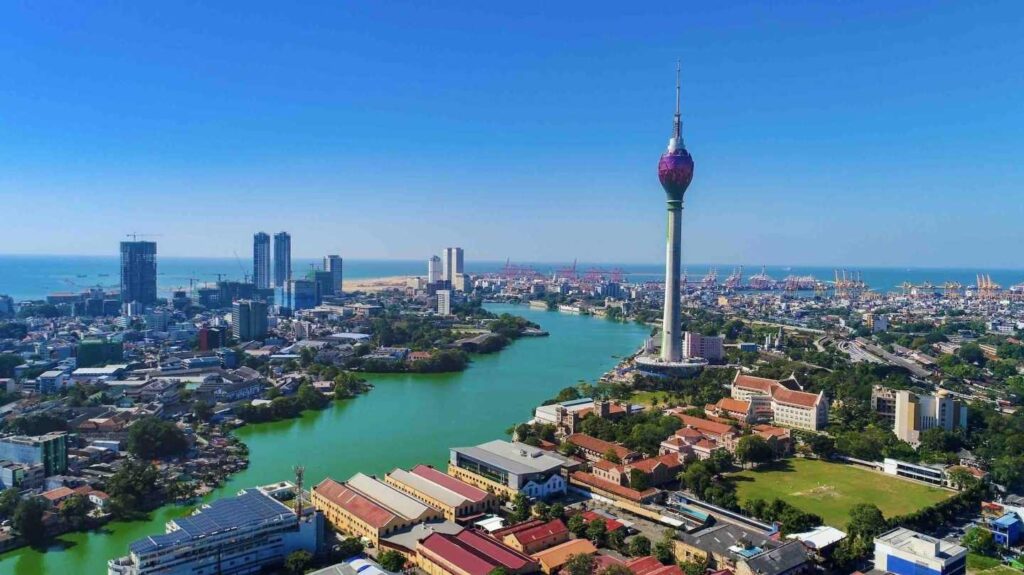Sri Lanka is on the cusp of a major transformation in its gambling industry. With the introduction of the Gambling Regulatory Authority Bill, the country is establishing a unified, modern regulatory framework to govern casinos, betting shops, and online platforms. This move aims to promote transparency, prevent crime, and encourage responsible gambling practices — including spending limits, addiction alerts, and self-exclusion systems.
Sri Lanka’s Gambling Reform: Emerging as South Asia’s Next iGaming Powerhouse

1. Regulatory Transformation: From Fragmented to Unified
Sri Lanka is undergoing a sweeping regulatory overhaul through the upcoming Gambling Regulatory Authority Bill. The goal is to modernize and unify its previously disjointed legal framework under a single authority, overseeing:
- Land-based casinos
- Betting shops
- Online and offshore gambling
- Onboard ship gambling
- Port City (Colombo) operations
The regulator’s responsibilities go beyond taxation and licensing, including:
- Enforcing anti-money laundering (AML) controls
- Protecting minors and vulnerable users
- Mandating responsible gambling safeguards (e.g. self-exclusion, spending limits, addiction alerts)
- Setting standards for safety, comfort, and hygiene at gambling establishments
This shift from outdated, piecemeal oversight to centralized governance marks a key milestone in elevating investor confidence and operational transparency.
2. Economic Recovery Engine: Gambling for Growth
In the aftermath of the 2022 sovereign debt crisis and IMF bailout negotiations, the government views gambling regulation as a strategic lever for:
- Increasing tax revenue:
- Casino entrance fees doubled from $50 to $100
- Gross gambling turnover tax raised from 15% to 18%
- Boosting tourism and FDI:
- $1.2B “City of Dreams Sri Lanka” set to open in late 2025
- Gambling positioned as a luxury entertainment draw for foreign visitors
Estimated benefits: Up to $300 million annually in revenue to fund infrastructure and debt repayment.
3. SiGMA South Asia 2025: A Global Spotlight
Sri Lanka’s ambition is bolstered by its selection as host of the first-ever SiGMA South Asia Summit, to be held in Colombo, Nov 30–Dec 2, 2025:
- Strategically timed: Coincides with rollout of the new regulatory regime
- Strong government backing: Endorsed by the Ministry of Tourism and Convention Bureau
- Global participation: Over 5,000 delegates including operators, investors, tech innovators, and regulators
SiGMA’s presence positions Sri Lanka as a forward-thinking jurisdiction ready to engage global stakeholders in shaping the next phase of gambling innovation.
4. Sri Lanka’s Strategic Edge in a Booming South Asia
Regional Gambling Market Highlights:
| Country | 2023 Market Size | Growth Outlook | 2026+ Projections |
|---|---|---|---|
| India | $3.1B | CAGR 20%+ (mobile-led) | $7.5B (regional aggregate) |
| Pakistan | $370M | CAGR 6.4% | $510M by 2026 |
| Sri Lanka | $293M | CAGR 5.24% | $410M by 2026 |
Unlike India (where gambling laws remain restrictive) or Pakistan (limited by religious bans), Sri Lanka offers:
- A secular, investor-friendly legal environment
- A transparent and compliant regulatory structure
- Proximity to major sea lanes and key regional markets
- Growing tourism infrastructure catering to high-value clients
With the right regulatory stewardship, Sri Lanka could emerge as South Asia’s most accessible and credible gambling jurisdiction.
5. Opportunities and Challenges
Opportunities:
- Establish a model jurisdiction for responsible gambling in Asia
- Serve as a regulatory and operational hub for cross-border betting
- Leverage luxury infrastructure like the Port City for VIP clientele
- Attract tech and fintech partners for online gambling solutions
Challenges:
- Ensuring robust enforcement of new rules and self-exclusion policies
- Balancing revenue ambitions with consumer protection
- Navigating multi-agency coordination (Central Bank, FIU, etc.)
- Building international trust and AML compliance credibility
Conclusion: A Regional Leader in the Making
With its modern regulatory framework, tax policy reforms, and the high-profile SiGMA South Asia 2025 event, Sri Lanka is aligning itself with global gambling trends and investor expectations.
If implemented effectively, this strategy could see the country cement its status as South Asia’s premier gambling hub within the next 3–5 years — offering a unique mix of regulation, infrastructure, and geographic advantage.












